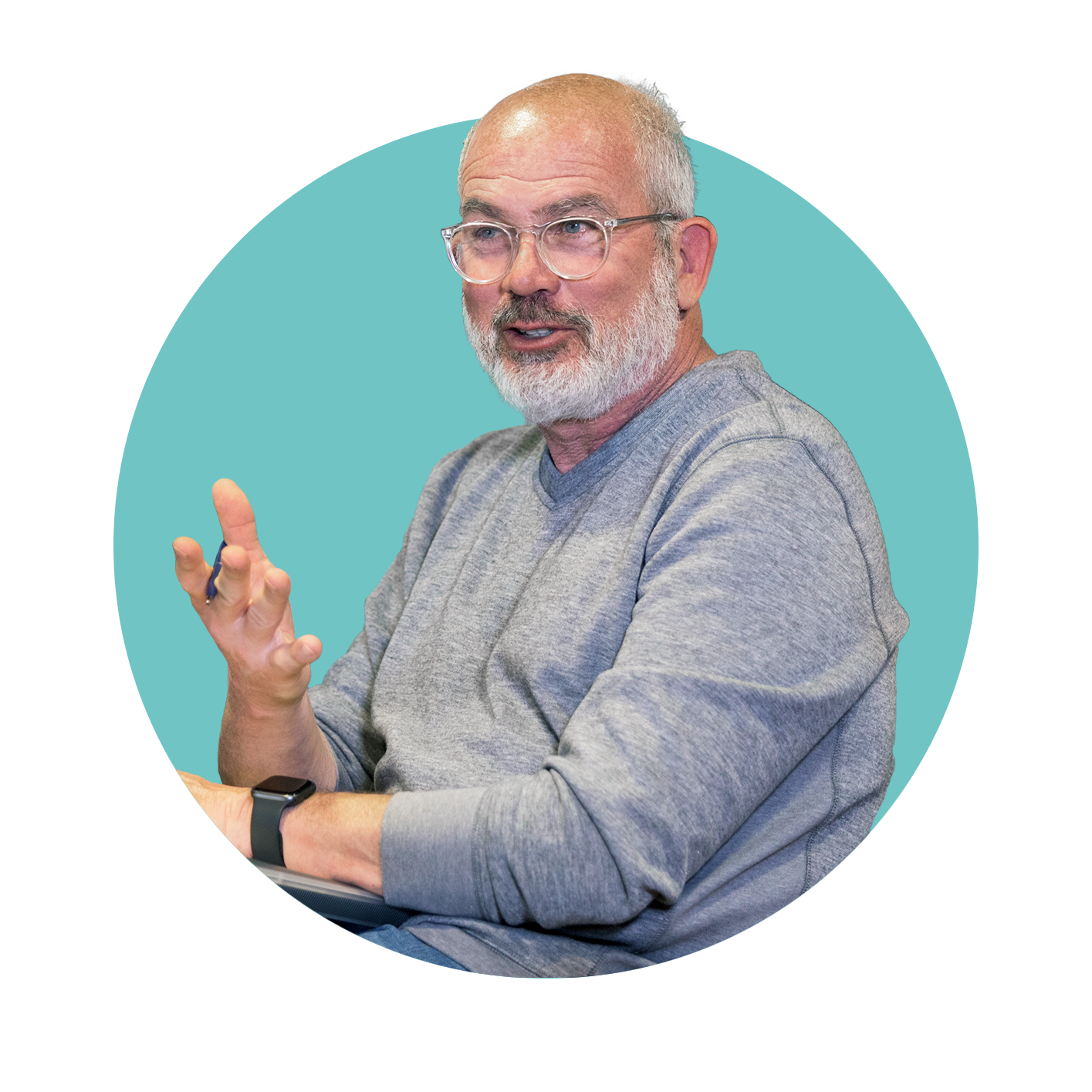Providing early support for people impacted by unexpected or sudden death
Helping community members and Police Officers better understand and navigate their experience.
Content warning: This article mentions death and loss.
Related Tags

For every unexpected death, an estimated four to six people will experience severe grief.
An unexpected or sudden death can leave witnesses or surrounding loved ones feeling shocked, traumatised and/ or alone in their loss. Grief can lead to various mental and physical health conditions, and in extreme cases, higher mortality rates.
While there is support for people experiencing bereavement, there are limited early intervention services available for those who are at the scene when police arrive.
In 2020, SEMPHN commissioned a unique collaboration between Victoria Police and Griefline to deliver a much-needed early intervention service. The Integrating Grief Program (IGP) Victoria (formerly PoliceLine) offers six free telehealth bereavement counselling sessions to community members and Police Officers in south east Melbourne who have witnessed non-suspicious deaths and have been referred by the Victoria Police Victims Advisory Unit. This includes at-home incidents such as heart attacks, strokes and sepsis; or incidents such as drowning and drug overdoses.*
Griefline receives close to 2,000 referrals from Victoria Police each year. Every referral receives access to Griefline’s digital support resources, as well as contact details for Griefline’s helpline service.
More than 600 people each year accept the offer of free counselling support with IGP Victoria, which is more than one person a day.
Early findings from a new Doctorate of Clinical Psychology study reveal that access to early intervention bereavement support, and programs like IGP Victoria, can help reduce the escalation of grief into experiencing a mental health condition.
Doctoral candidate Candice Mace, along with her supervisor Dr Russell Deighton from the Cairnmillar Institute, found there was a reliable and clinically significant reduction in psychological distress for people accessing IGP Victoria, with symptoms of depression and anxiety decreasing over time.
Kate Cahill, Chief Executive Officer at Griefline explains:
“The trained counsellors at Griefline do an amazing job of supporting people’s grief, loss and trauma in extreme situations. Equipping first responders with a service to refer people to that is free and includes multiple sessions, allows people to seek early support during crisis. It also eases pressure from the police force.”
After the six sessions, participants are asked to complete a survey about their experience with the service.
of participants said the service had a positive impact on the following:
- Hopefulness for the future
- Ability to manage day to day life
- Overall wellbeing
- Overall experience with Griefline
Reducing harmful coping mechanisms during grief
Jane,* discovered the body of her close friend who had died as a result of an accidental drug overdose. She attempted resuscitation and contacted emergency services. She was referred to IGP Victoria for support by Victoria Police.
Jane started counselling with IGP Victoria early in her grief and remained engaged for all her sessions. Coping behaviours were identified collaboratively in sessions and reflections around prior drug use during challenging times became an important focus. During counselling, Jane returned to work gradually and used her sessions to reflect on this experience.
After completing all six sessions, Jane did not return to prior drug use behaviours and was able to reflect on decisions made by her as part of her grief.
*An alias has been used for client confidentiality
Both the prospective study findings and personal experiences of those using the IGP Victoria service reinforce the importance of early intervention services in improving health outcomes for people.
Up next:
A holistic approach to Dementia Care
Dementia is a significant and growing health and aged care issue in Australia that has a substantial impact on the health and quality of life of people with the condition, as well as their family and friends. The new Dementia Rehabilitation Program is designed to support people with dementia and their carers to stay at home and be independent.





